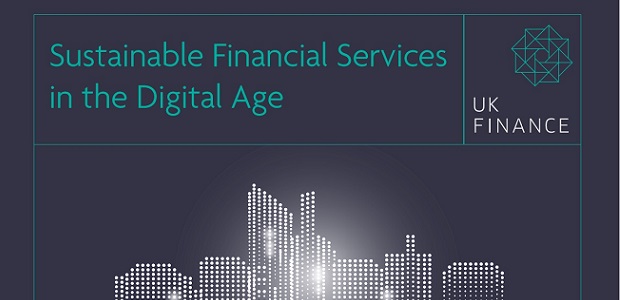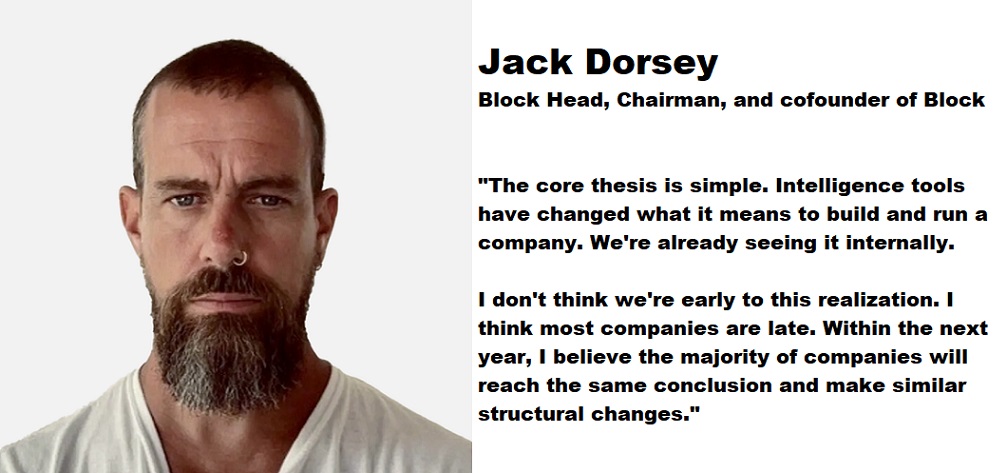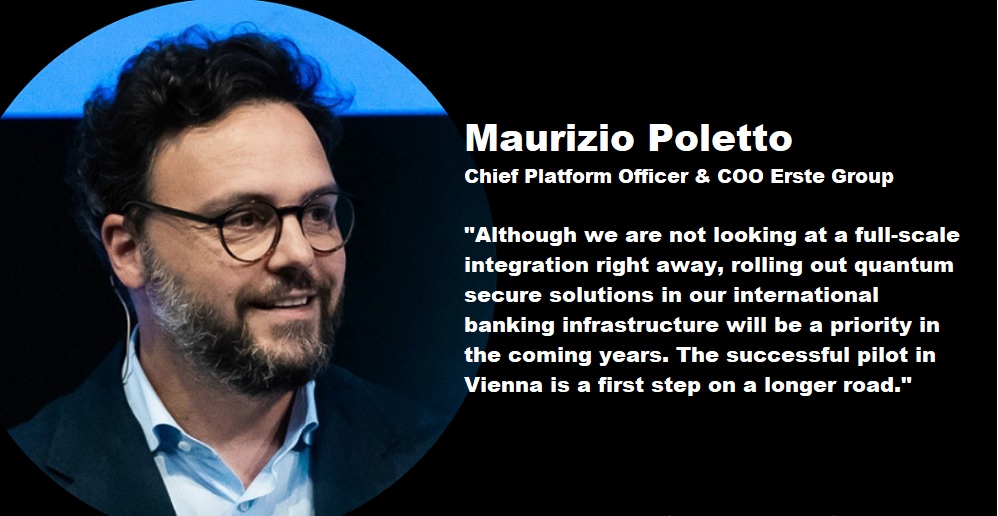UK Finance report: digital banking transformation creating new systemic risks

The speed and scale of digital transformation within the financial services industry is contributing to the emergence of new non-financial risks, according to a new report called „Sustainable Financial Services in the Digital Age”, a joint report from UK Finance and Parker Fitzgerald.
The report comes only days ahead of the introduction of General Data Privacy Regulation (GDPR) and highlights the need for firms to consider their exposure to risk and operational resilience in today’s digital age.
The report outlines how adopting new technologies, including artificial intelligence (AI) and machine learning, cloud computing and distributed ledger technology (DLT), will allow the financial services sector to develop new services and platforms to significantly reduce operational costs. Those organisations committed to full-scale transformation will be best placed to deliver the greatest benefits to customers and shareholders.
However, a failure to address emerging risks, as well as internal risk management processes, could lead to operational, as well as systemic, threats across the sector. At the core of sustainable digital finance is the management of operational risk and safeguarding of data particularly poignant given the advent of GDPR this week. For example, the growth of digital outsourcing via the cloud will allow companies to uncover new sources of efficiency, but this creates cyber vulnerabilities and emerging risks further ingrained within the business supply chain.
The report calls on the industry to collaborate with technology suppliers as well as domestic and cross-border regulators to create a risk framework that embraces the benefits of digital transformation with the following recommendations:
. Placing the safeguarding of data at the core of sustainable digital finance;
. Closing the gap between incumbents’ digital aspirations and the reality of legacy IT estates;
. Reviewing the integrity of fintech ‘component solutions’ being integrated into the supply chain.
Commenting on the report, Dan Crisp, Director of Technology & Digital at UK Finance, said:
“Given today’s ever-increasing threat of cyber-attacks and data protection violations, it’s vital that the financial services sector prioritises operational resilience – just having a firewall simply doesn’t cut it. The speed and scale of digital transformation makes it essential for new technologies to be integrated safely within existing operating models while minimising risk.
“This isn’t a zero-sum game; these risks are not isolated to specific organisations and financial services firms can harness innovation while simultaneously tackling these new challenges, through the analysis of operating models and building new risk frameworks. The industry is working hard to develop technology and water-tight risk programmes, but only collaboration with policymakers and regulators, both domestic and cross-border, will facilitate success.”
Matthew Hayday, Leading Partner, Global Technology Services at Parker Fitzgerald comments:
“Digital transformation is both inevitable and necessary for the financial industry. A forward-looking agenda should highlight its impact on the industry’s risk landscape.
“To safeguard their organisations through the digital transformation journey, financial firms need to close the gap between their digital aspirations and the reality of their legacy IT estates. Key activities include reducing reliance on legacy systems, de-cluttering redundant systems, and using analytics to predict and quantify the impact of non-financial risks.
“Of particular importance to financial firms is understanding how future regulations can affect their digital transformation strategies, how key technologies can be safely adopted within their operating models, and how their risk frameworks can be adapted to take account of new risks and threat vectors arising from cyber and technology risk, as well as data privacy and protection considerations amplified by PSD2 and GDPR.”
UK Finance is a trade association formed on 1 July 2017 to represent the finance and banking industry operating in the UK. It represents around 300 firms in the UK providing credit, banking, markets and payment-related services. The new organisation brings together most of the activities previously carried out by the Asset Based Finance Association, the British Bankers’ Association, the Council of Mortgage Lenders, Financial Fraud Action UK, Payments UK and the UK Cards Association
Dariusz Mazurkiewicz – CEO at BLIK Polish Payment Standard
Banking 4.0 – „how was the experience for you”
„To be honest I think that Sinaia, your conference, is much better then Davos.”
Many more interesting quotes in the video below:










